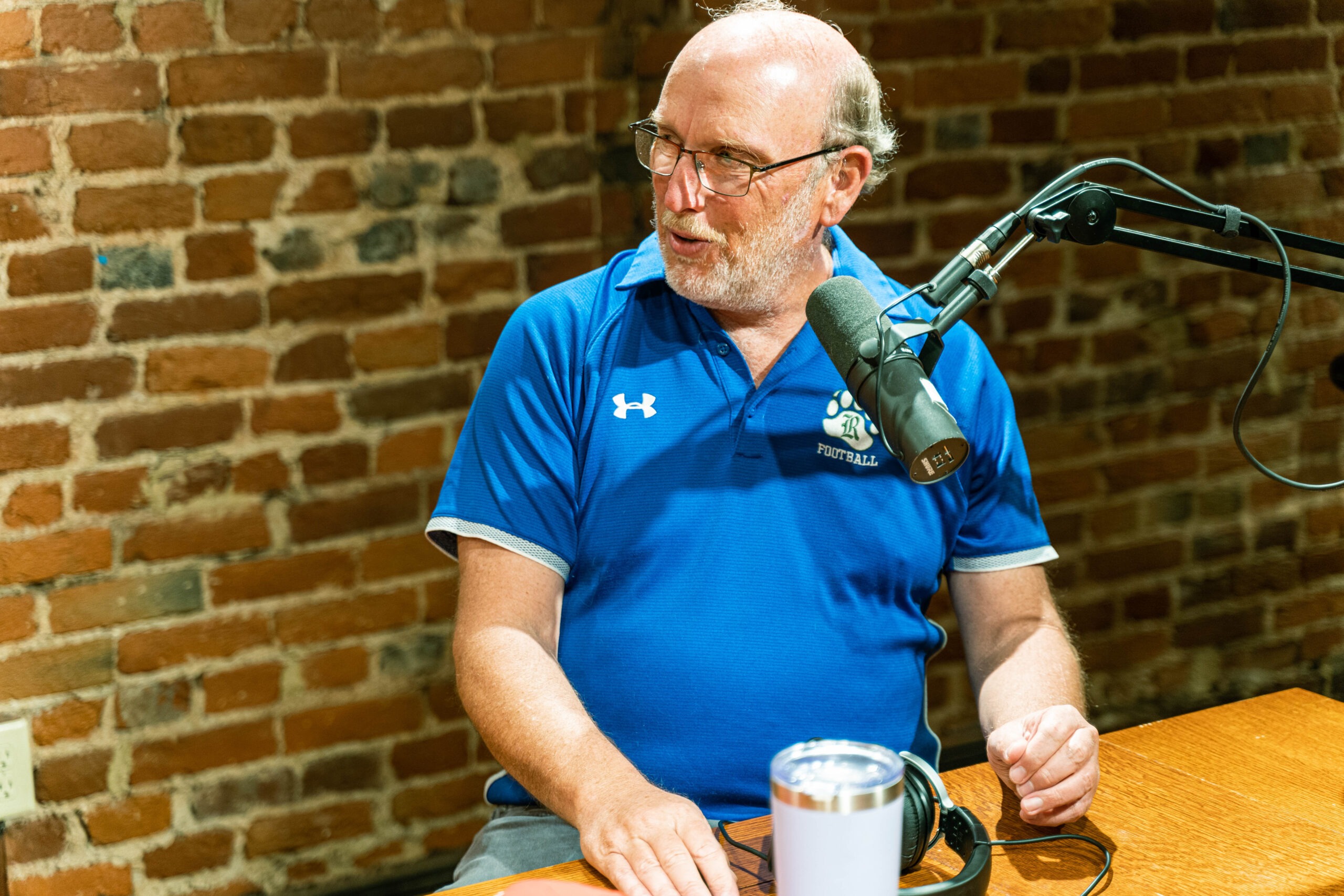
Nixon’s resignation is remembered as a great victory for the media. … Even though he lost his battle to remain in power, Nixon’s way of handling the press has prevailed in American politics. Intimidating journalists, avoiding White House reporters, staging events for television—now common presidential practices—were all originally Nixonian tactics.
– The Atlantic Monthly, August 4, 2014
Those who would rightly assail Donald Trump’s remarks about American journalists as the “enemy of the American people” need to step back and take the longer view of the aggressive assault on the First Amendment that has been ongoing in the U.S. for at least 50 years.
As the Atlantic pointed out nine years ago, Richard Nixon established the playbook that many politicians use today. And every president since has built upon his strategies. For example, the Society of Professional Journalists sent a letter to Barack Obama — also in 2014 — exposing the anti-journalist policies his Administration practiced throughout both terms.
This type of treatment toward journalists at the national level is deeply concerning.
Local journalists across the country face the same obstructions and stonewalling that our colleagues at the state and national levels experience.
And once again, one need look no further than Spotsylvania County to see first-hand what local government is doing to stifle the reporting around their actions.
‘Positive News’
Under the leadership of Lisa Phelps and Kirk Twigg, the Spotsylvania School Board displayed the lack of transparency that has come to define conservative stone-walling of local media. Between my time at the Free Lance-Star and now with the FXBG Advance, I extended numerous invitations for the division leadership to write about their vision for what they wanted public schools in Spotsylvania to accomplish.
These requests weren’t even dignified with a rejection. They were simply shunned, thereby thwarting journalism by simply refusing to talk.
The result? Increasing anger by voters frustrated with the unwillingness by Phelps and Twigg to be open about what is happening.
Coupled with the utter chaos of Board meetings, this ultimately led to conservatives being drummed out of power in November. None more stunningly than Kirk Twigg, who lost to political independent Megan Jackson by a 2-to-1 margin in the deeply conservative Livingston District.
Unfortunately, it appears that the new Board leadership under Dr. Lorita Daniels is struggling to figure out how to do better.
Daniels wants a good relationship with media. She wants journalists to celebrate and shine a positive light on the division. Speaking at the February 12 board meeting held at John J. Wright, she said as much. “We want to make sure we continue to get … good coverage … for our school division.” And then again, “we just want to make sure we have some positive news.”
That desire to cultivate a healthy relationship, however, must be built on transparency. A mid-January email, however, suggests that Daniels is not yet ready to be transparent with media.
And that instinct will prove damaging to this board if Daniels doesn’t change course.
Thwarting media
Mark Taylor, currently on administrative leave as superintendent, wrote to Daniels on January 17 in response to a series of questions she raised about personnel involved in the Riverbend swim team controversy.
Among the questions she asked was this one:
What are we doing to thwart some of the media’s controversial involvement [emphasis added] with this issue, as we can and within our purview?
Taylor’s response should have immediately given Daniels pause.
Our media involvement with these HR issues is certainly frustrating. Thwarting free speech and media coverage is high risk, both legally and politically. Efforts to discourage media attention can easily backfire, by giving the impression that the truth is being hidden. We have addressed staff members who have provided information to the media and reminded them of policies related to media relations and confidentiality as a means to curb this.
The implications of using the verb “thwart” to describe her approach to dealing with the media coverage of the swim team issue are troubling.
The definition of “thwart” leaves little wiggle room for what’s intended. Per Merriam-Webster’s Dictionary:
1 a: to oppose successfully : defeat the hopes or aspirations of
b: to run counter to so as to effectively oppose or baffle : CONTRAVENE
Daniels and Taylor were both clearly frustrated by the amount of media attention this particular episode had drawn. That is understandable. Personnel issues are notoriously difficult to resolve, and no district wants to have such embarrassing episodes as this garnering wide public attention.
But journalists were not the problem here. Taylor understood this straight-away. He recognized that trying to keep journalists from doing their job raises a natural question – what is being hidden?
He also hints at the legal difficulties of thwarting media. That concern is justified, as made clear in a document first issued in 2022 by the Journalism Institute, and updated in 2023.
The First Amendment grants public employees the right to speak with the press if they choose — and this applies to all public school employees at the elementary, middle, high school, college, and university levels…. “Every single time a public employee has sued a government agency over the legality of one of these policies, these gatekeeping policies, that public employee has won and the agency has lost,” [Frank] LoMonte said. “So the courts have unanimously spoken to this.”
There are any number of phrases that Daniels could have used in framing her question that didn’t go as far as the one she asked Taylor.
Consider:
- What are we doing to manage the way we deal with media on this issue, as we can and within our purview?
- What are we doing to be sure that our messaging is consistent with media on this issue, as we can and within our purview?
- What are we doing to help our employees understand what is happening around this issue, as we can and within our purview?
Each of these respects the First Amendment and the right of media to ask questions. And it properly places the responsibility for addressing media squarely where it belongs – on the division.
By asking for ways the division can “thwart” media, Daniels is taking a tack similar to the one her predecessors took. The media, in Phelps’ and Twigg’s views, was the enemy to be resisted. That board learned that stone-walling doesn’t work – the media was still able to discover and expose the controversial measures being undertaken and bring them to the public’s attention.
Daniels exposed in this email a desire to similarly control the media to reach her desired outcome. And it will end no better for her and this board if a course direction isn’t taken.
Just Do the Work
When people and organizations focus on outcomes, we become Machiavellian. Whatever gets us to a particular place is justified, so long as we reach the outcomes we desire. Such was the reality that Nixon could not grasp.
Focus on the work, however, and the outcomes will take care of themselves.
This board has made clear that it wants to restore order and a sense of normalcy to the School Board.
That’s precisely the right goal.
One will get there by focusing on the work at hand, however, and not worrying about the journalists whose job it is to report what they see, hear, and find.
Yes, there will be bumpy days. But when the work takes precedence, the good news that the board, voters, and above all else parents and students want, will be there.





